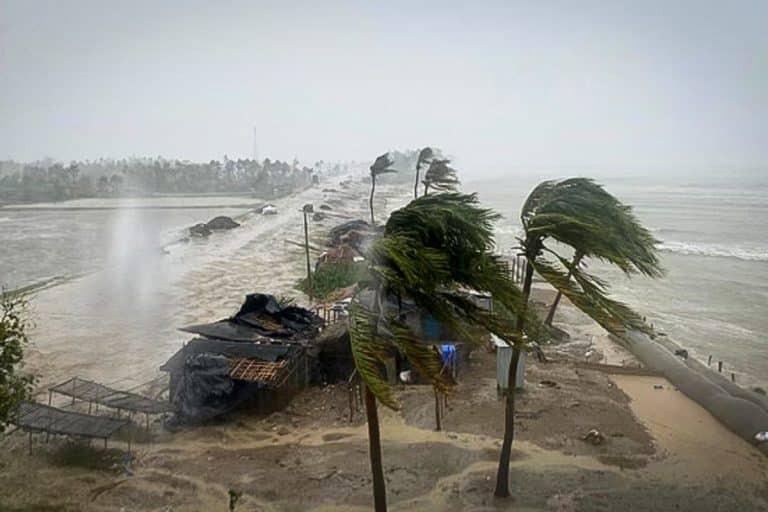The World Meteorological Organization (WMO) has sounded the alarm over millions of people worldwide who remain vulnerable to extreme weather and climate-related disasters, despite the ongoing Early Warning for All (EW4All) initiative worth Ksh 19.4 billion.
In a statement released on October 20, 2025, WMO Secretary-General Celeste Saulo emphasized that although progress has been made since the initiative’s launch in 2022, significant challenges persist.
“Weather, climate and water-related hazards are intensifying, with devastating consequences for lives and livelihoods,” Saulo said. “Yet we know that early warning systems save lives every dollar invested can yield up to fifteen dollars in reduced disaster impacts.”
The EW4All program aims to ensure that everyone on the planet is covered by multi-hazard early warning systems. So far, 130 countries have benefitted from the initiative, which has received more than $150 million (Ksh 19.4 billion) in funding.
However, Saulo noted that many of these nations still lack sufficient resources, skilled personnel, and modern technology to deliver timely alerts. Kenya is among the countries benefiting from the program through support from the UK government, World Bank, and Kenyan government investments.
WMO urged governments to strengthen collaboration with the private sector to co-design and finance early warning services, ensuring sustainability and broader reach. Saulo also called for predictable, long-term funding and improved governance structures to tackle vulnerabilities effectively.
She further encouraged countries to modernize their meteorological systems by embracing open data sharing, upgraded communication networks, and emerging technologies such as artificial intelligence (AI) to improve forecasting accuracy.
“The challenge before us,” Saulo concluded, “is to scale up efforts to close the gaps, extend coverage, and ensure no one is left behind.”

